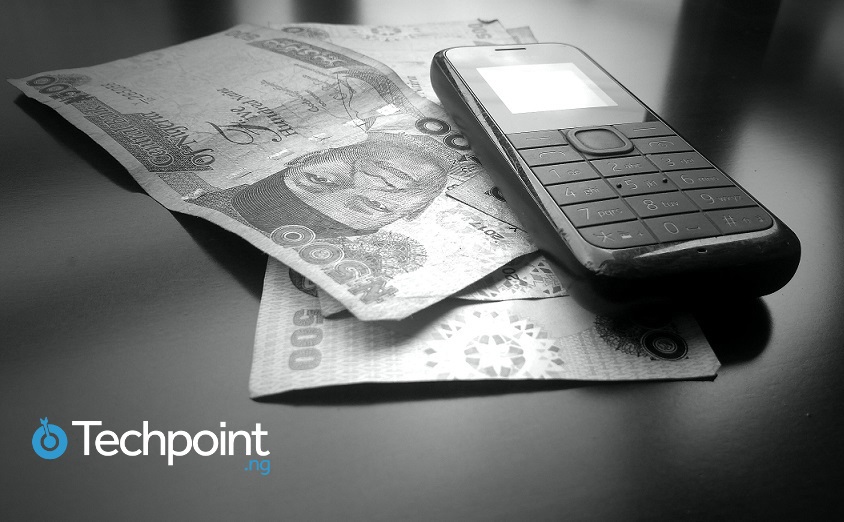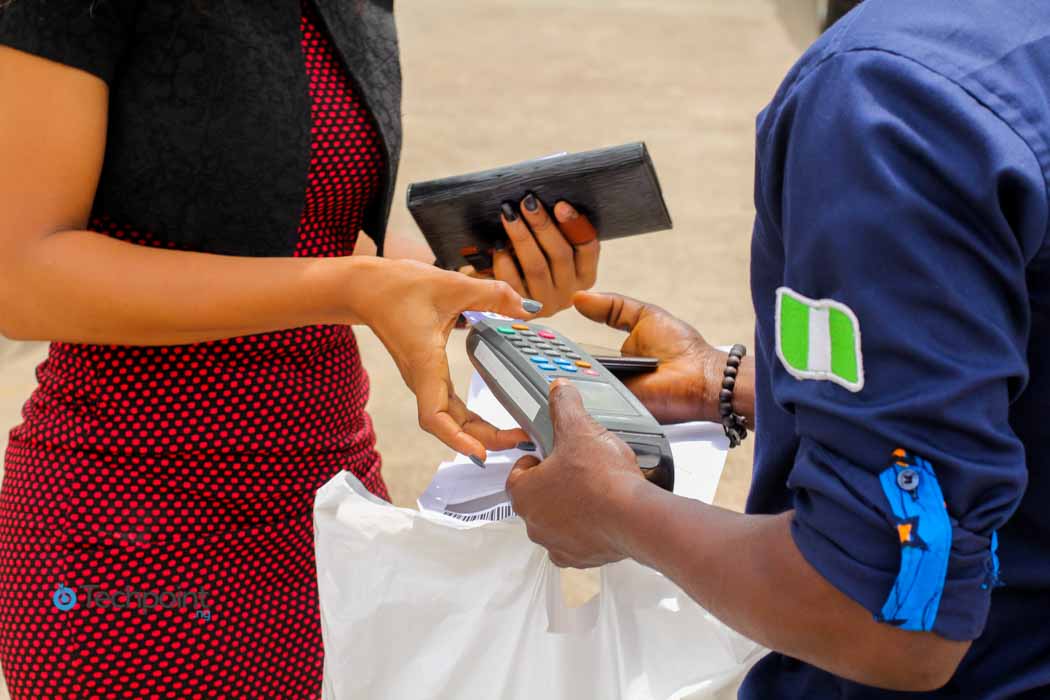With 520 million users, Alibaba’s Alipay is arguably one of the biggest online and mobile payment platforms in the world. And just recently, the China-based payment platform revealed plans for Africa.
In August, the United Nations Economic Commission for Africa (UNECA) announced a collaboration with the International Financial Corporation (IFC) and an affiliate of the Alibaba Group, Ant Financial — formerly known as Alipay.
The collaboration, according to UNECA is to enhance financial inclusion on the continent through investment and technical capacity building.
For Ant CEO, Eric Jing, it’s about replicating the Alipay’s success story — enhancing financial inclusion — in Africa.
Being a leading global brand with a large financial resource, the move could be considered as a threat to African fintech startups as well as banking institutes.
According to the Executive Secretary of ECA, Vera Songwe the collaboration would allow SMEs take advantage of the African Continental Free Trade Area (AfCFTA) agreement which was signed earlier in the year by 49 African countries.
We didn’t get a response when we reached out to UNECA to confirm if SMEs from countries that didn’t sign the AfCFTA agreement — Benin, Botswana, Eritrea, Guinea-Bissau, Nigeria, and Zambia — will not benefit from the collaboration with IFC and Ant Financial.
Also, ECA didn’t confirm the role that the partnership empowers Ant Financial to take in Africa.
As stated earlier, the collaboration is meant to promote digital financial inclusion in Africa ‘through investment and technical capacity building.’
We can expect to have Ant Financial making investments in African fintech companies.
But based on Ant Financial CEO’s statement of repeating China’s success in Africa, Alipay is probably coming after online and mobile money payment platforms on the continent.
And some industries would definitely feel the impact of the move by the giant Asian payment platform.
Mobile money services
Should banking institutions and fintech startups be scared of Alipay’s Africa expansion?
Africa is mobile-first and startups on the continent are riding on that to provide mobile money services, with or without the need for an Internet connection.
Kenya has already recorded a significant financial inclusion penetration. And according to the World Bank, 21.8% of adults in Ethiopia are financially included, and 40% in Nigeria.
Suggested Read: Only 40% of Nigerian adults are banked — World Bank
Two years ago, Facebook launched Marketplace which was expected to change the landscape of eCommerce. Two years later, the eCommerce landscape in Nigeria is still pretty much the same, one can’t really say the marketplace has any effect on current players in the industry.
There’s the likelihood of Alipay experiencing a similar fate in Africa which could be a plus for mobile money service providers.
Ant Financial could end up acquiring already established players with great potential in order to capture the continent, which will still be in line with Jing’s statement of replicating China’s success in Africa.
It could also come in form of partnerships with African fintech startups, which is likely to position them to expand across the continent and beyond. Maybe such partnerships will eventually birth an Alipay from an African fintech startup.
Payment in the eCommerce industry
Aside mobile payments, another industry that is likely to feel the impact is eCommerce.
In China, when making payment with Alipay on eCommerce platforms, the seller doesn’t get paid until the buyer confirms receiving the goods and in good condition.
Jumia and Konga currently pay their merchants 7 days after an item has been delivered. The 7-day gap is a grace period within which the buyer can return the goods. This implies that both eCommerce companies don’t need to implement Alipay’s model.
However, other African eCommerce platforms with no escrow feature can implement the model or choose to partner Alipay, being a much bigger brand.
Beyond basic retail, the Alipay payment solution has been integrated into every aspect of users’ daily lives, from finance to leisure, logistics and performing activities such as booking an appointment with the doctor among others.
https://www.youtube.com/watch?v=t5ElQaVjQZE
Alipay has obviously become more of a lifestyle application. Will Africans accept it as their own lifestyle mobile platform?












